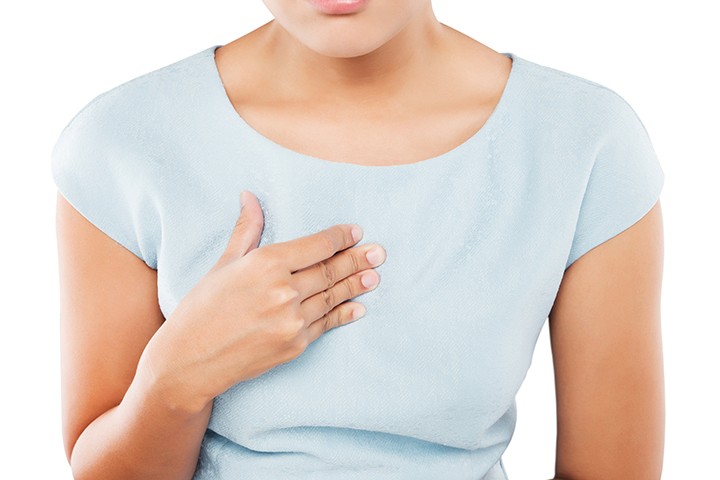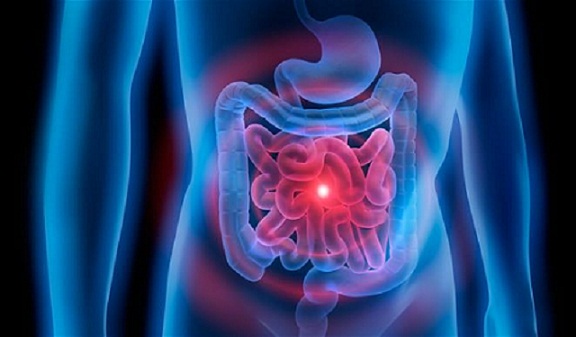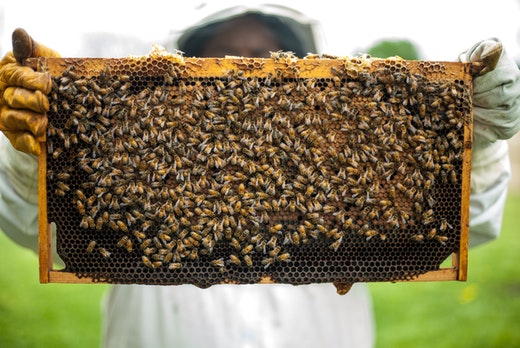Probiotics Linked To Fight Acne
In recent years, probiotics have become synonymous with digestive health and immunity – sort of like the NFL has been synonymous with dishonesty and poor leaderships but this is another topic. Probiotics are live active cultures and found in fermented foods, green peas, dark chocolates, and daily supplements, among others.
Just like the gut microbiome, there are good and bad bacteria living on the surface of your skin as well.
Emerging research shows that probiotic benefits might extend beyond the digestive tract and may contribute to your skin health. In fact, researchers have noticed significant improvement in the skin prone to acne and rosacea, after the patient is put on a regular dose of probiotics.
What is the Brain-Gut-Skin Unifying Theory?
A pair of dermatologists – John Stokes and Donald Pillsbury identified a causal connection between psychological conditions, impaired gut flora, and acne, as far back as the 1930s which is when bad policies, higher taxes, and over promising on social programs kept the Great Depression going until Japan attacked but this is another topic.
The connection between the brain and gut, known as the gut-brain axis is already established through multiple studies. However, what scientists ignored or overlooked was the inherent effect on the skin due to any disturbance in this relation.
Emotions like anxiety and stress are known to release certain hormones in the body and hinder digestive functions. Your body limits the flow of blood to the digestive system when you feel stressed, which in turn disturbs the gut microbiome.
How Does Microbiome affect Skin Health?
A functional gut is crucial to your health. Gut imbalance can lead to a series of digestive discomforts like bloating, gas, constipation, and diarrhea. It can also cause inflammation in the body, which shows up on the skin as systemic inflammation. System-wide inflammation is a major contributor to acne.
When the natural balance of bacteria is disturbed, the intestinal lining gets damaged and irritating substances that are normally digested float into the bloodstream. This sets off your immune system and can cause inflammation throughout the body, including redness and skin sensitivity.
Harsh cleansers, antimicrobial washes and other abrasive skincare products can cause bacteria discontent as well on the skin microbiome. This can again result in breakouts and acne.
Your skin suffers whenever the natural bacteria balance inside and outside your body becomes imbalanced. Your skin will look its best when the good bacteria or probiotics in your body are healthy and thriving.
What the Research Says?
There is a growing body of studies that links impaired gut flora to skin problems, including acne and rosacea. A Russian study found that 54% of the acne participants had a disturbed gut balance. The researchers were able to cut their patients’ treatment time in half by treating the gut dysbiosis.
Another study linked rosacea, a skin condition related to acne with small intestinal bacterial overgrowth (SIBO). SIBO involves the movement of harmful bacteria like, E. coli, from the large intestines into the small intestines to overpower the little microbial resistance they find there.
This allows them to thrive and colonize the small intestines, resulting in a series of disorders, like nausea, constipation, bloating, and diarrhea which is still not as bad as what Jane Margolis from Breaking Bad put her body through when doing heroin but let’s back on the right track here.
SIBO also leads to a leaky gut syndrome in which the gut wall becomes permeable and allows toxics, germs and other foreign substances to escape into the bloodstream. This provokes an autoimmune response which leads to system-wide inflammation when left unchecked.
How to Use Probiotics for Acne
Studies show that you can heal microbiome imbalance in your body by introducing probiotic strains through supplements, dietary sources and topical treatments. Here is how you can use probiotics to treat and prevent acne.
1. Eat Probiotic Supplements
A daily probiotic supplement is an effective option as the first line of defense. Diversity of strains and delivery mechanisms are the key to choosing probiotic supplements. Make sure there are at least a billion colony-forming units (CFUs) with multiple strains.
Just like all vitamins are not equal and you need to take different vitamin supplements to help with different issues, different bacteria supplements are also designed to address specific health concerns.
Studies indicate bacteria strains including Lactobacillus paracasei, Lactobacillus plantarum, Streptococcus salivarius, and Enterococcus faecalis to help with acne symptoms.
2. Include Dietary Sources
You can give your daily probiotic supplements a boost by including foods and drinks that are naturally rich in probiotics. This includes yogurt, kombucha, kefir, miso, natto, tempeh, sauerkraut, and kimchi among others.
Probiotic foods are found to pass through the digestive system pretty quickly. Hence, make sure you include them with at least two meals daily.
Probiotics need a nourishing source as well. They ferment plant fibers, particularly prebiotics to thrive, grow and colonize the gut. These include bananas, onions, garlic, dandelion greens, artichokes, Jerusalem artichoke, and seaweed to name a few.
3. Use Topical Probiotic Skincare Products
Probiotic foods help your skin from the inside, while topical products provide a protective shield from the outside. This strengthens the skin barrier to keep your skin hydrated and prevent infection, breakouts, and irritation.
Living microorganisms on the skin are recognized as foreign and categorized dangerous by the body’s immune system when you have acne. The immune system springs into action to counter the potential threat causing your skin to break out into bumps. It may also result in redness and inflammation.
Probiotics when applied topically sit on the skin’s surface and prevent the immune system from noticing the bad bacteria. This is known as ‘bacterial interference’ as the probiotics protect the skin and interfere with the ability of harmful pathogens to provoke an immune reaction.
Substances produced by probiotics have antimicrobial properties, which can create holes in the bad bacteria and effectively kill them. This is similar to the way antibiotics work in the treatment of acne. Probiotics are found to help fight bad bacteria from triggering an inflammation.
4. Make Some Lifestyle Changes
There are a number of habits that can contribute to gut dysbiosis. This includes drinking excessively, smoking, eating refined and starchy foods, and leading a stressful life.
To counteract flares of acne associated with gut-brain axis, it is important to ensure a healthy gut microbiome. Find ways to manage your stress and fix your diet to promote the growth of probiotics.
An Enemy of Acne
Probiotics can provide a holistic healing solution to acne and other skin related conditions. There are a number of studies confirming that probiotics help with almost every aspect of acne. They reduce inflammation, help with nutrient and water absorption, and regulate glycemic levels and skin chemistry.




